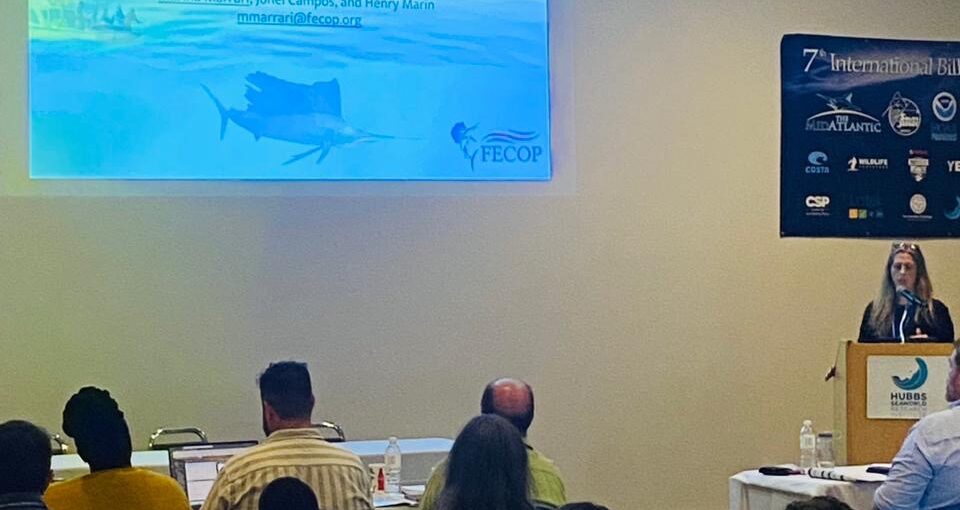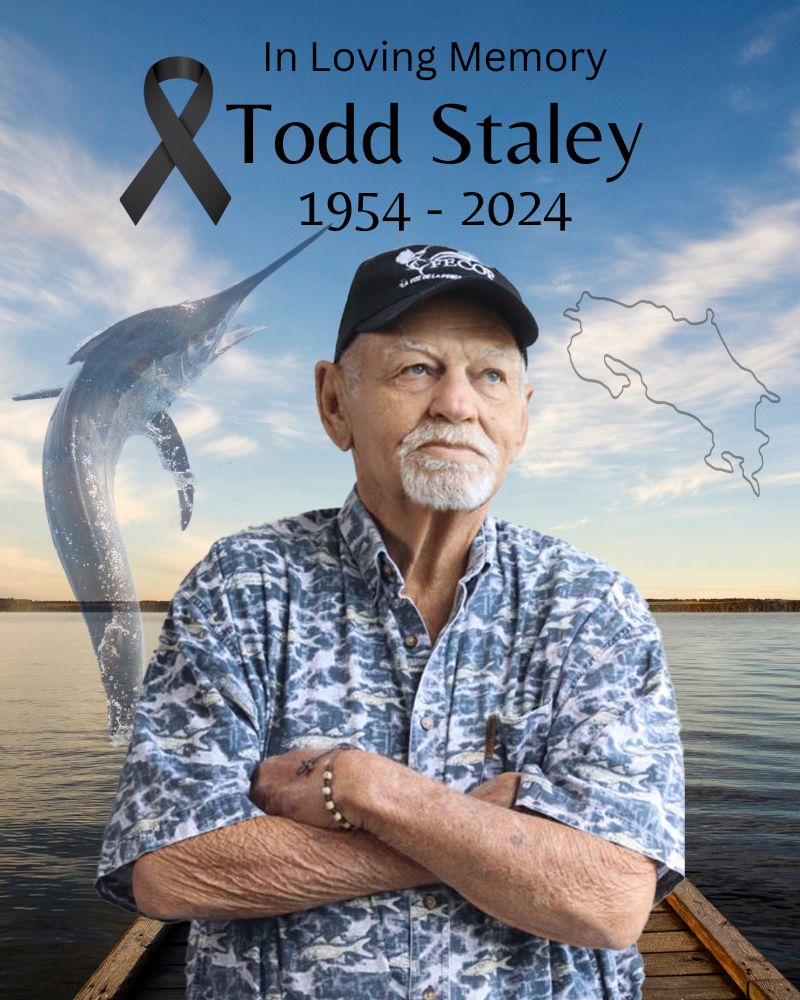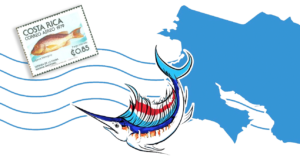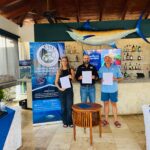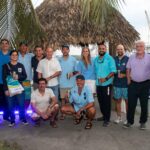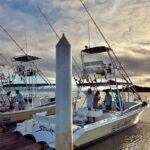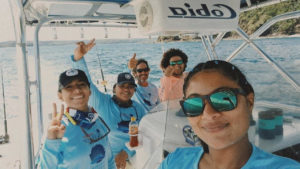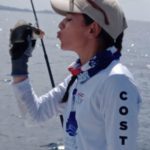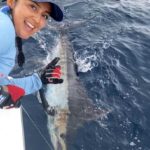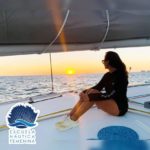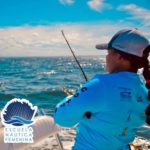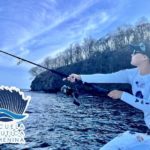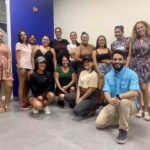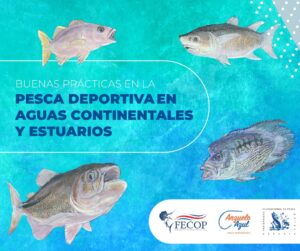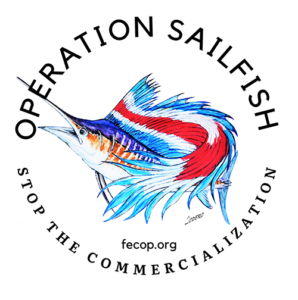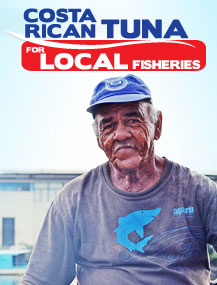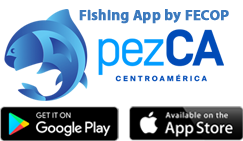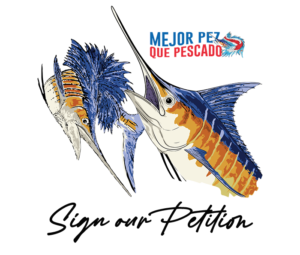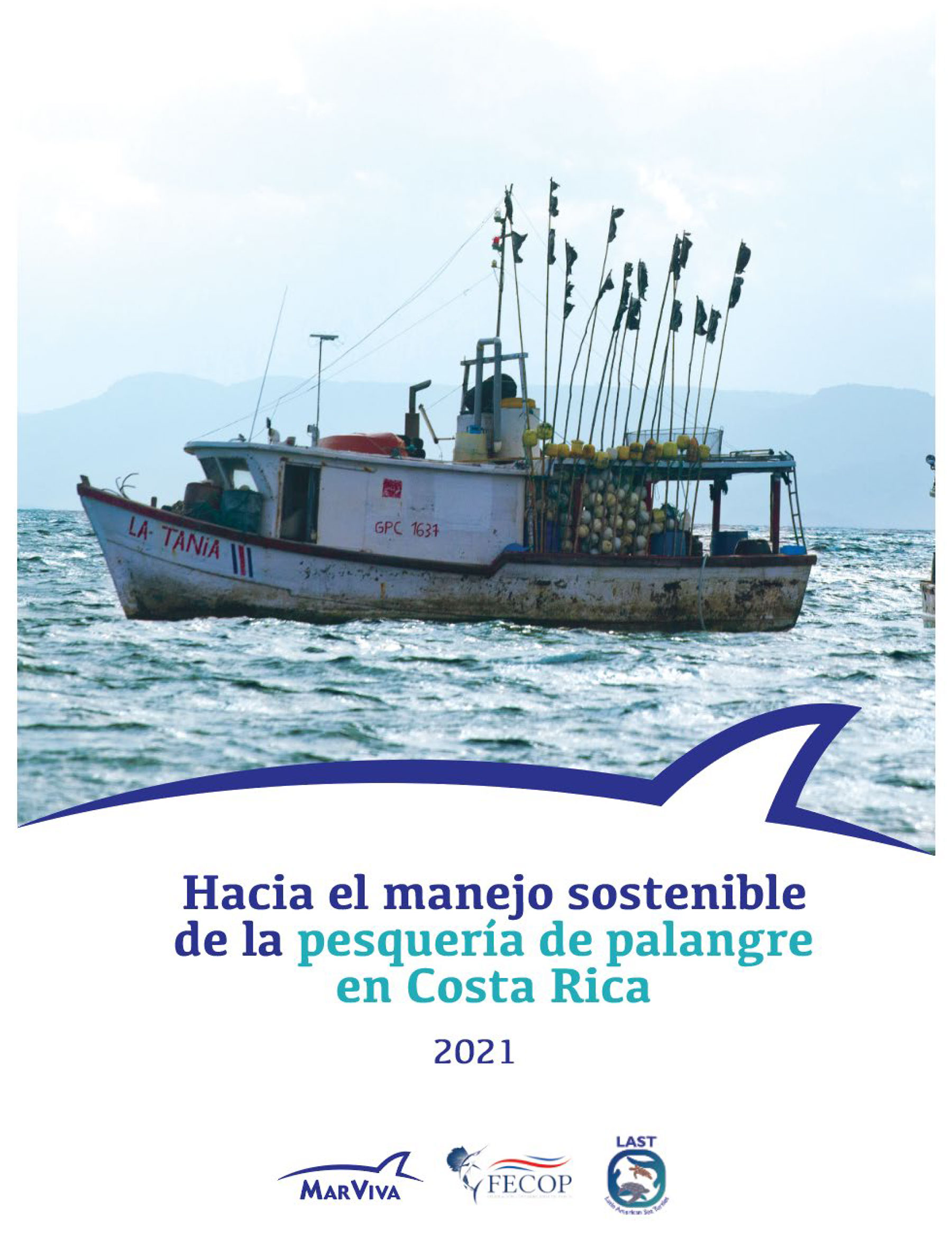This past week (October 8-10 ) FECOP (The Costa Rica Federation of Recreational and Sport Fishing Tourism) attended the 7th International Billfish Symposium (IBS) in San Diego, California where they were joined by other scientists from countries around the world to exchange ideas and emerging technologies related to billfish conservation.
The 7th International Billfish Symposium was organized this year by the IGFA and Wild Oceans and took place at the Hubbs-SeaWorld Research Institute in San Diego, California . FECOP staff were able to share ideas and collaborate with other experts, scientists and recreational fishing representatives from around the world to discuss key topics on sailfish biology, fisheries and management. FECOP presented on a range of topics concerning billfish conservation and how recreational fishing is a major contributor to Costa Rica’s tourism economy and can play a large role in billfish conservation efforts.
FECOP’s team brought the following topics to the event with a presentation and visual aids for each:
- Analysis of the standardized catch per unit effort for sailfish and other pelagic species in Costa Rica
- Longline landings in the Pacific of Costa Rica
- How much economic prosperity and well-being does tourist fishing generate in Costa Rica?
- Review of the regulations for marine recreational fishing of billfish in Central America
- Opportunities for community development through tourist fishing in Costa Rica
See full descriptions and photos of each presentation below.
There was also a special tribute to FECOP leader and Co Founder (and two time IGFA Award Winner) Todd Staley who passed away this past March in Costa Rica.
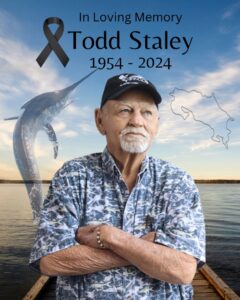 Staley was instrumental in many of the early and ongoing conservation initiatives by FECOP in Costa Rica including stopping the exportation of sailfish from Costa Rica, banning shrimp trawling in the Golfo Dulce, but most recently he and FECOP spearheaded the campaign that led to foreign purse seiners being pushed 80 miles offshore in Costa Rica. This ban within 80 miles of the coast saved thousands of marine mammals and led to the resurgence of yellowfin tuna, marlin and offshore dolphin species.
Staley was instrumental in many of the early and ongoing conservation initiatives by FECOP in Costa Rica including stopping the exportation of sailfish from Costa Rica, banning shrimp trawling in the Golfo Dulce, but most recently he and FECOP spearheaded the campaign that led to foreign purse seiners being pushed 80 miles offshore in Costa Rica. This ban within 80 miles of the coast saved thousands of marine mammals and led to the resurgence of yellowfin tuna, marlin and offshore dolphin species.“Todd would have been delighted to witness everyone coming together to help better advance scientific research for backing stronger billfish protection policies in the commercial and recreational fishing industries.”
The focus at this year’s International Billfish Symposium was on advanced techniques such as ecosystem modeling, satellite tagging, genetics and ecosystem-based management, which promises a more sustainable future for our fisheries. The role of recreational fishing and its support for scientific research has been highlighted in this event, and FECOP is proud to contribute and learn from these discussions to apply what is learned in the conservation of our marine species in Costa Rica.
FECOP “brought the science” with each team member giving the following presentations at the event:
Analysis of the standardized catch per unit effort for sailfish and other pelagic species in Costa Rica
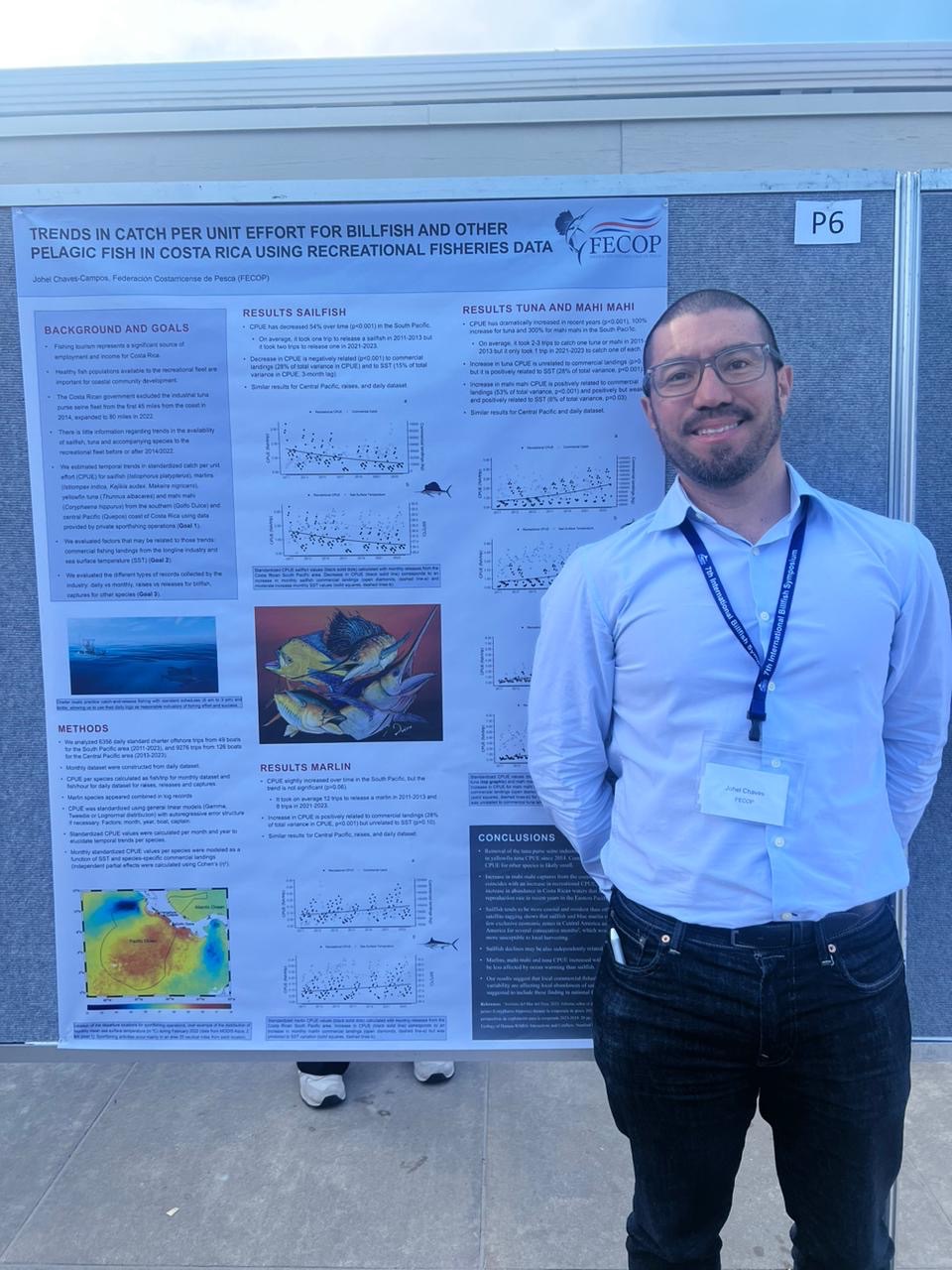
At the 7th International Billfish Symposium, FECOP presented a study on the temporal trends of catch per unit of standardized effort (CPUE) with recreational fishing data for sailfish, yellowfin tuna, marlin and dorado in the Costa Rican Pacific for the period 2011-2023. The results indicate a decrease in the CPUE of sailfish, which is more strongly related to the increase in the volume of commercial landings of this species than to changes in sea surface temperature. In contrast, the CPUE for tuna showed a large increase since 2014 when tuna purse seine fishing was prohibited in the area where the tourist fishing fleet operates. The CPUE of dorado increased significantly in recent years, while marlin remained stable or with little increase. We continue to investigate to better understand these patterns and how they relate to the health of our fisheries.
Authors: Johel Chaves Campos, FECOP
Longline landings in the Pacific of Costa Rica (2015-2021)
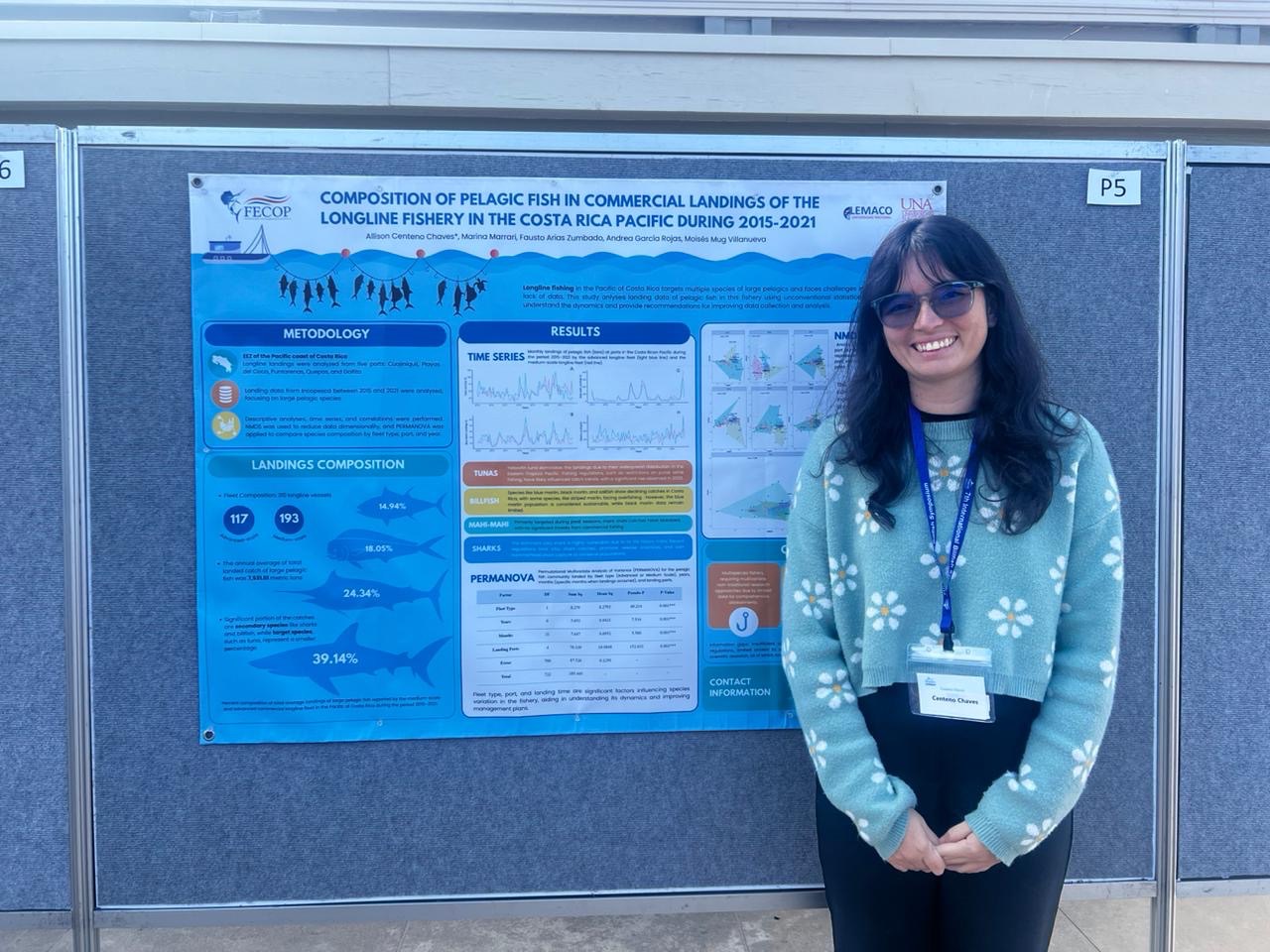
FECOP analyzed the landings of pelagic species in longline fishing between 2015 and 2021, using unconventional methods to better understand the dynamics of the fishery. This study helps us identify patterns in the catch and recommendations to improve data collection and fisheries management in the region. Research is key to moving towards more sustainable fisheries.
Presented by: Allison Centeno Chávez, FECOP / National University of Costa Rica (UNA)
How much economic prosperity and well-being does tourist fishing generate in Costa Rica?
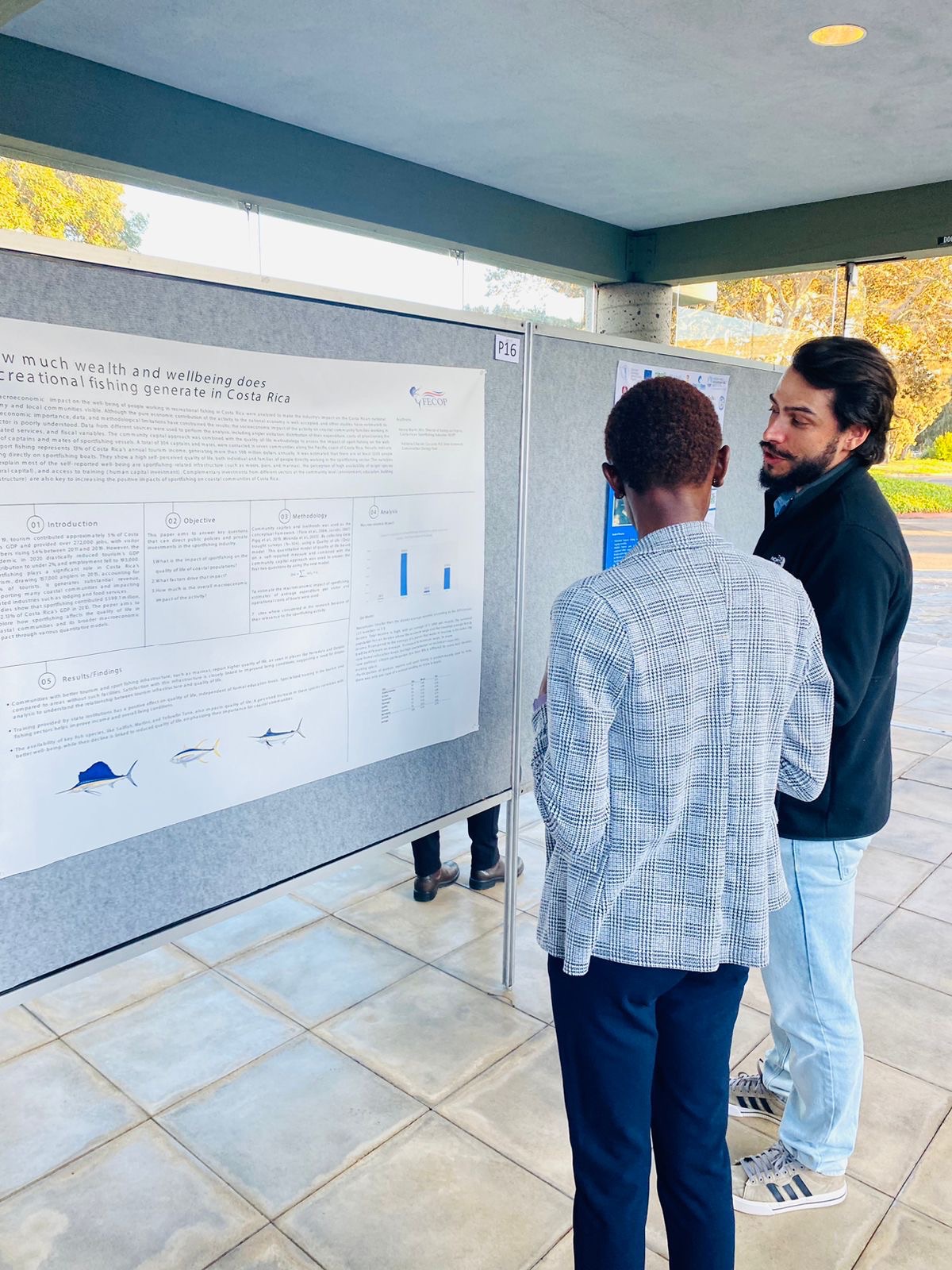
At the symposium, FECOP presented an analysis on the impact of recreational fishing on the Costa Rican economy and communities. It is estimated that sport fishing generates more than $500 million a year in income for the country, with a significant impact on the quality of life of families who work directly in this sector. This study highlights the importance of recreational fishing not only as an economic activity, but also as an engine of local development and social well-being.
Presented by: Henry Marín, FECOP
Review of the regulations for marine recreational fishing of billfish in Central America
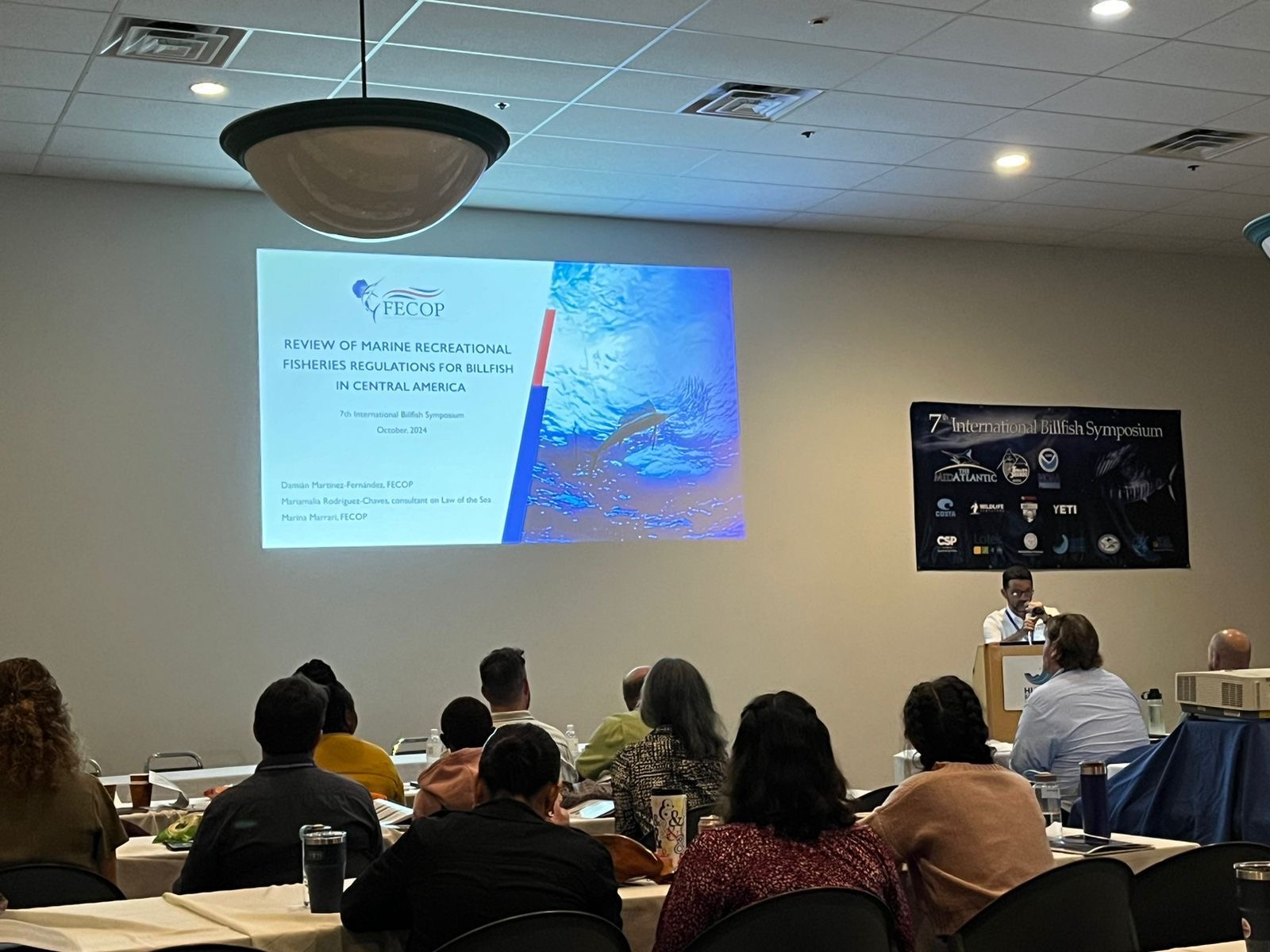
During the 7th International Billfish Symposium, FECOP presented a review of the regulations that regulate tourist fishing of billfish in Central America. The study covers regulations in Guatemala, El Salvador, Honduras, Nicaragua, Costa Rica and Panama, highlighting the differences in the laws governing recreational fishing and the need to harmonize efforts to protect these species.
Costa Rica leads with comprehensive regulations, but there is work to do to improve regional management.
Presented by: Damian Martinez Fernandez, Mariamalia Rodríguez and Marina Marrari
Opportunities for community development through tourist fishing in Costa Rica
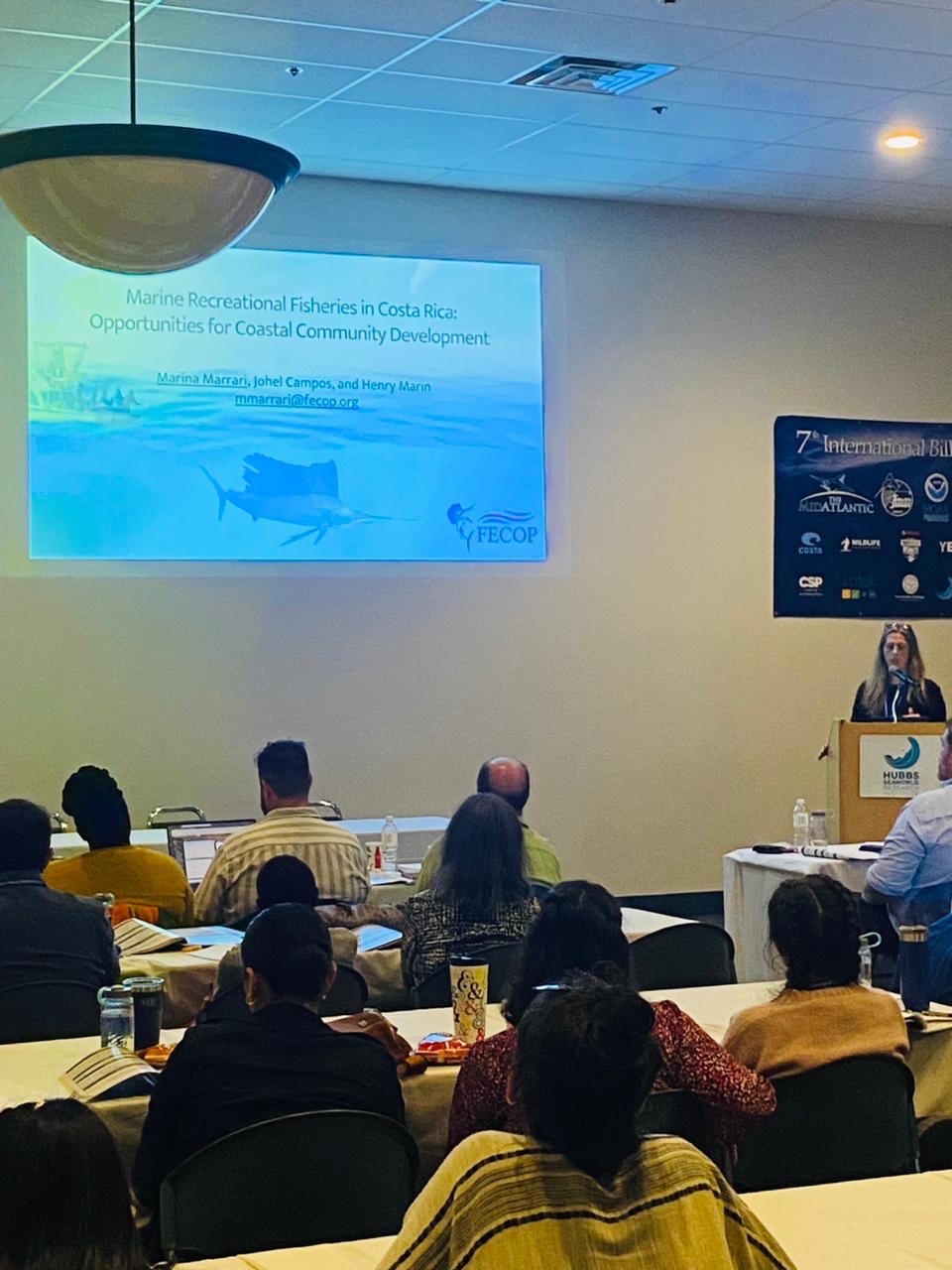
FECOP highlighted the growth of recreational fishing in Costa Rica and its economic and social impact. It is estimated that sport fishing and associated tourism generate more than $520 million annually and support more than 33,000 jobs in the country. This sector not only boosts the economy, but also improves the quality of life in coastal communities. The presentation emphasized the importance of developing regional initiatives to strengthen the sustainability of tourist fishing in Central America.
Presented by: Marina Marrari, FECOP
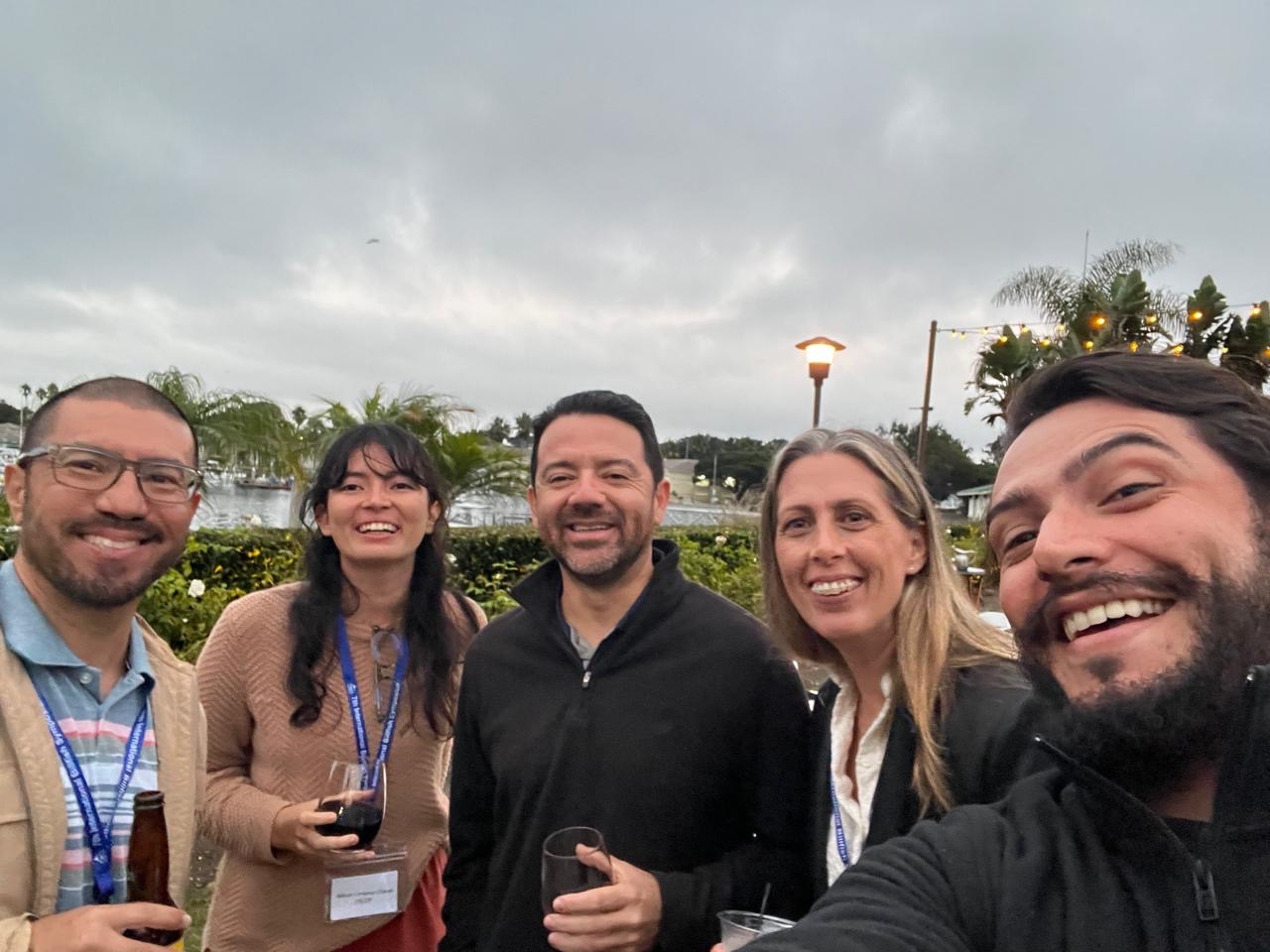
The organizers and sponsors, included the IGFA and National Oceanic and Atmospheric Administration (NOAA) Fisheries with the ongoing goal of moving towards a healthier and more sustainable ocean for everyone.
Learn more about FECOP and their commitment to conservation and the livelihood of coastal communities at fecop.org

